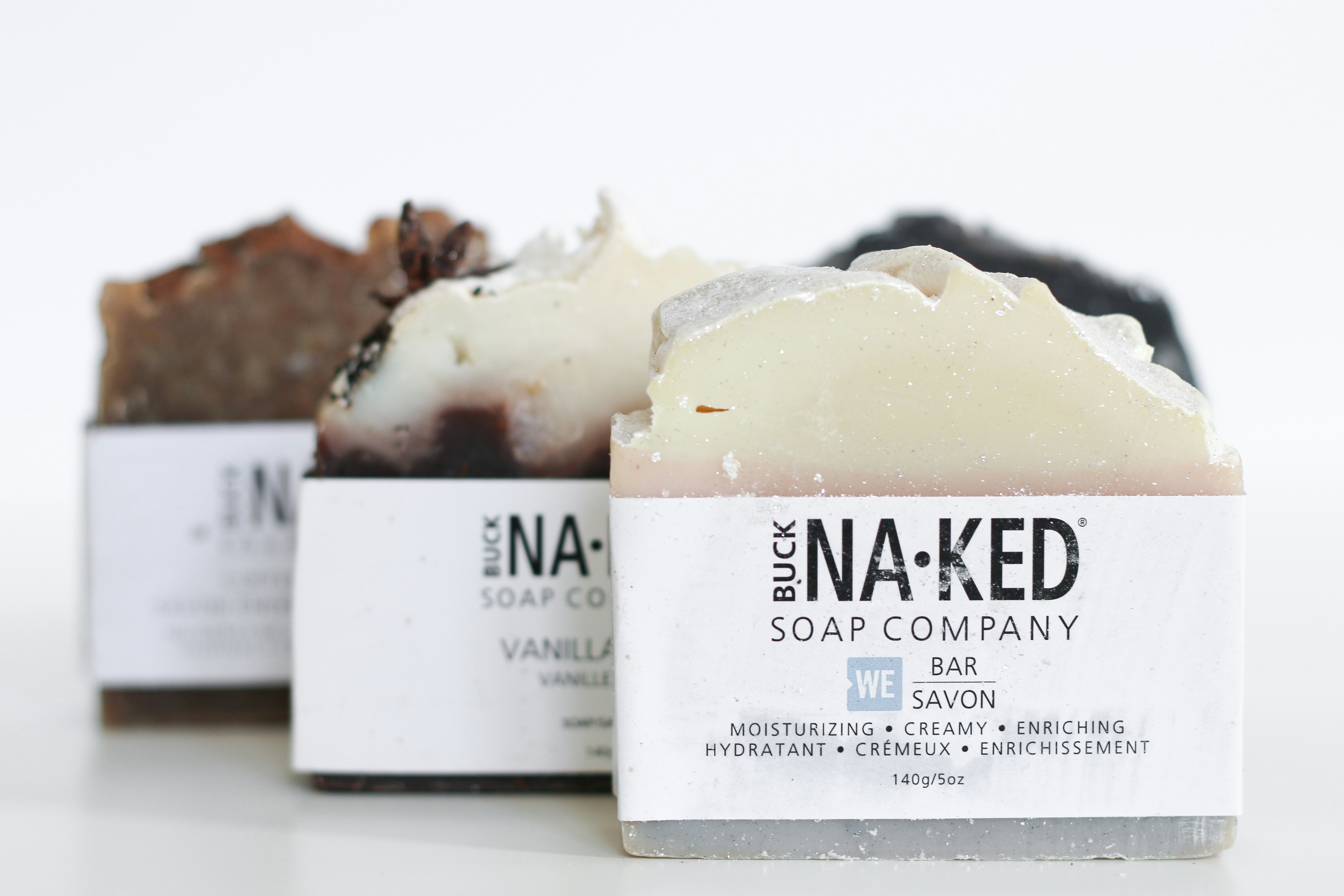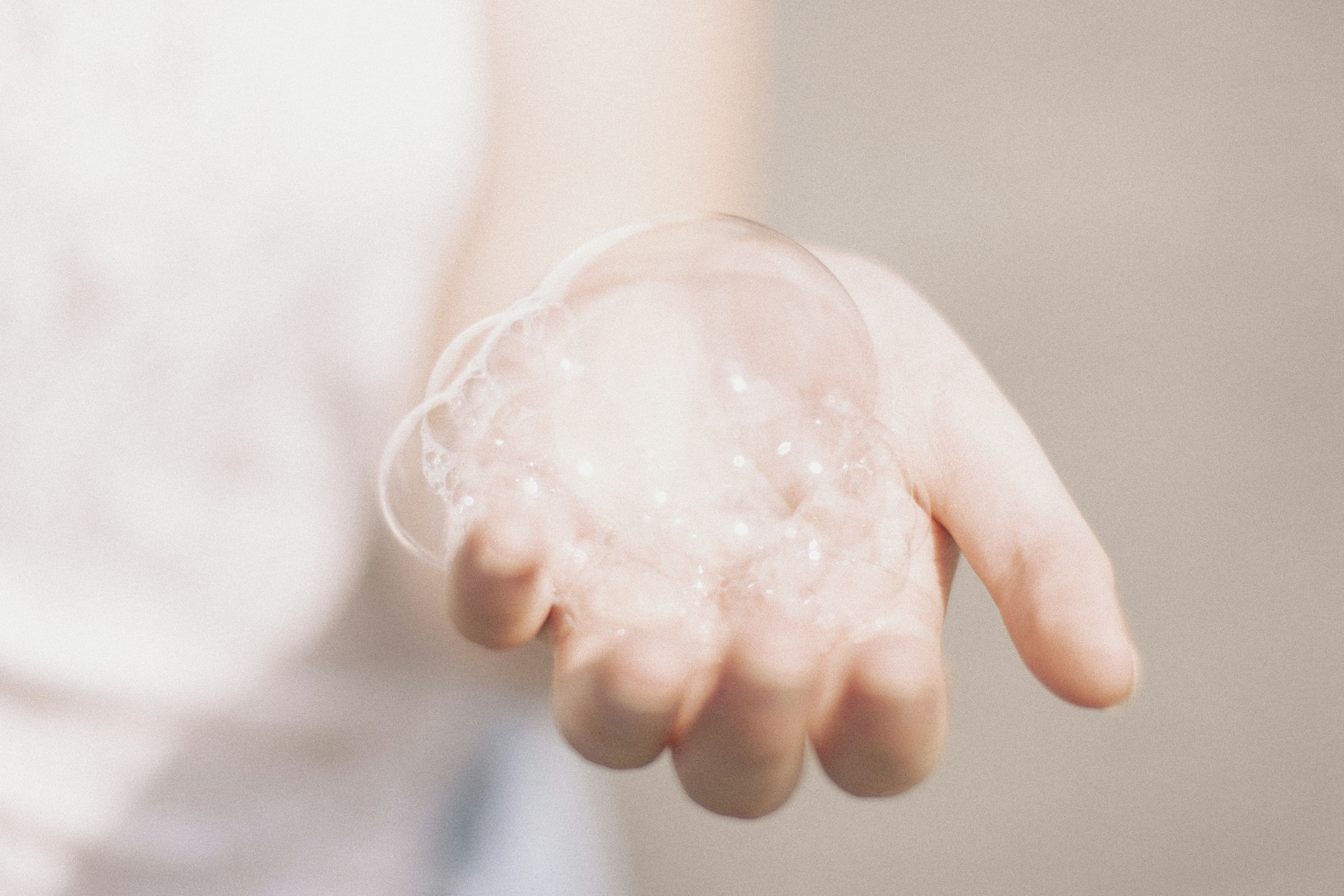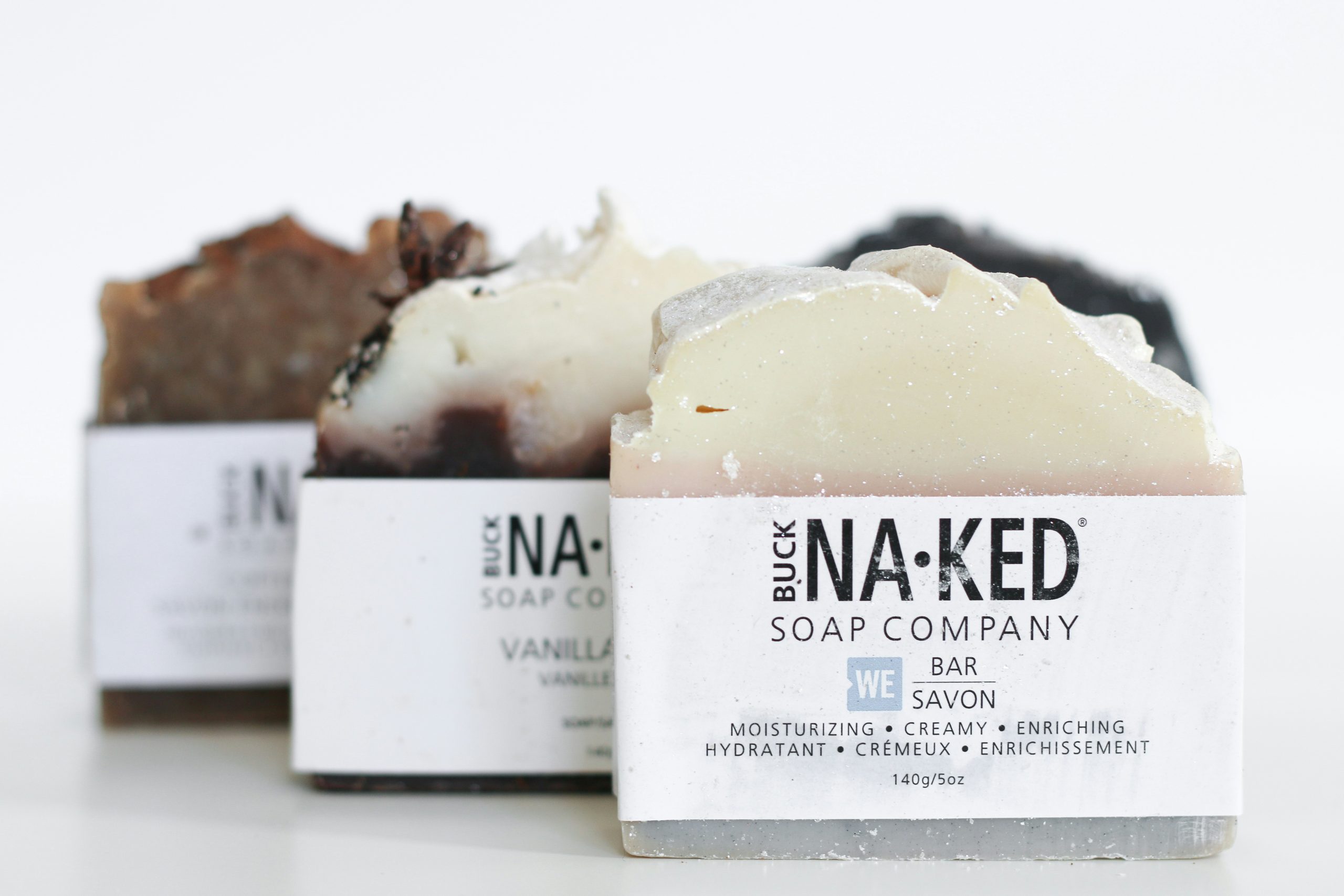What fragrance oils are recommended for soap making?
Introduction to Fragrance Oils and Soap Making
Are you ready to elevate your soap making game with captivating scents that will leave a lasting impression? Fragrance oils are the secret ingredient that can take your homemade soaps from ordinary to extraordinary. In this blog post, we delve into the wonderful world of fragrance oils for soap making, exploring their benefits, different types, and how to choose the perfect one for your creations. Get ready to infuse your soaps with delightful aromas that will enchant all who use them!
The Benefits of Using Fragrance Oils in Soap Making
When it comes to soap making, fragrance oils play a crucial role in enhancing the overall experience for both the creator and the user. These oils not only add delightful scents but also offer various benefits that elevate the quality of your handmade soaps.
One significant advantage of using fragrance oils is the wide range of options available. From floral and fruity to exotic and seasonal scents, there’s a fragrance oil for every preference, allowing you to get creative with your soap recipes.
Moreover, fragrance oils are more stable than essential oils when exposed to heat or light during the soap-making process. This stability fragrance oil for soap making ensures that your soaps retain their scent potency over time, providing long-lasting enjoyment for those who use them.
Additionally, incorporating fragrance oils allows you to customize your soaps according to different occasions or moods. Whether you’re creating a relaxing lavender-infused bar for unwinding after a long day or a zesty citrus blend for an energizing morning shower, the possibilities are endless with fragrance oils at your disposal.
Different Types of Fragrance Oils for Soap Making

When it comes to choosing fragrance oils for soap making, the options are vast and exciting. Each type of fragrance oil brings its own unique scent profile and characteristics to your soap creations.
Essential oils are derived directly from plants and offer natural scents like lavender, peppermint, or tea tree. They not only smell incredible but also have potential therapeutic benefits.
On the other hand, synthetic fragrance oils provide a wide range of fragrances that can mimic practically any scent you can imagine. From fruity to floral to exotic blends, the possibilities are endless.
Some popular fragrance oil categories include citrusy notes like lemon or orange, calming scents such as chamomile or eucalyptus, and sweet aromas like vanilla or coconut. It’s all about finding the perfect combination that suits your preferences and creative vision for your soap projects.
Experimenting with different types of fragrance oils is key in discovering new scents that will elevate your soap-making experience to another level of artistry.
How to Choose the Right Fragrance Oil for Your Soap
When it comes to choosing the right fragrance oil for your soap, there are a few key factors to consider. First and foremost, think about the overall theme or mood you want your soap to evoke. Are you aiming for something fresh and invigorating like citrus scents, or perhaps something more calming like lavender?
Consider the potential skin sensitivities of those who will be using your soap. Opt for fragrance oils that are skin-safe and won’t cause irritation. It’s also important to think about how strong you want the scent to be in the final product. Some fragrance oils are more potent than others, so adjust accordingly based on personal preference.
Experimentation is key when selecting fragrance oils for your soap making endeavors. Don’t be afraid to mix and match different scents to create a unique blend that resonates with you. And remember, what smells good in the bottle may not always translate well into soap – so make small test batches before committing to larger quantities!
Tips for Incorporating Fragrance Oils into Your Soap Recipe

When incorporating fragrance oils into your soap recipe, start by choosing high-quality oils that are specifically designed for soap making. It’s essential to consider the scent strength and how it will hold up in the finished product. Remember that some fragrances may fade over time, so opt for ones known for their longevity.
To ensure your fragrance oil blends seamlessly with the other ingredients, mix it thoroughly but gently into your soap batter. Avoid overmixing to prevent potential issues like acceleration or seizing. Be mindful of any discoloration tendencies certain oils may have and adjust your colorants accordingly.
Experiment with different scent combinations to create unique and appealing soaps. Keep track of your recipes and note down the ratios of fragrance oils used for future reference. Additionally, consider conducting small test batches before scaling up production to perfect your desired scent profile.
By following these tips, you can elevate your soap making process and craft beautifully scented creations that delight both yourself and others!
Common Mistakes to Avoid When Using Fragrance Oils in Soap Making
When incorporating fragrance oils into your soap making, it’s essential to avoid some common mistakes that could compromise the quality of your final product. One common error is using too much fragrance oil in your recipe. While you want a nicely scented soap, adding excessive amounts can lead to overpowering fragrances that fragrance oil for air freshener may irritate the skin.
Another mistake to steer clear of is not properly testing the fragrance oil before adding it to your entire batch of soap. Conducting a small test batch will help you determine how the scent holds up and whether any adjustments need to be made.
It’s also crucial to choose high-quality fragrance oils specifically formulated for soap making. Using low-quality oils may result in fading scents or unwanted discoloration in your finished soaps.
Neglecting to consider how different fragrance oils behave during saponification can lead to unexpected results. Some fragrances accelerate trace or cause ricing, so it’s important to research and understand each oil’s characteristics before use.
Conclusion: Creating Beautiful and Scented Soaps with the Perfect Fragrance
Creating Beautiful and Scented Soaps with the Perfect Fragrance
Incorporating fragrance oils into your soap making can truly elevate your creations to a whole new level. By choosing the right fragrance oils and following the tips mentioned in this article, you can craft beautiful soaps that not only cleanse but also delight the senses.
Experiment with different types of fragrance oils to find what works best for you and don’t be afraid to get creative with your scent combinations. Remember to consider factors like skin sensitivity, longevity of scent, and how the fragrance will interact with other ingredients in your soap recipe.
With attention to detail and a bit of experimentation, you can create soaps that not only look stunning but also smell amazing. So go ahead, unleash your creativity, and start crafting soaps that are not just functional but also a sensorial experience for both yourself and those who use them. Happy soap making!



